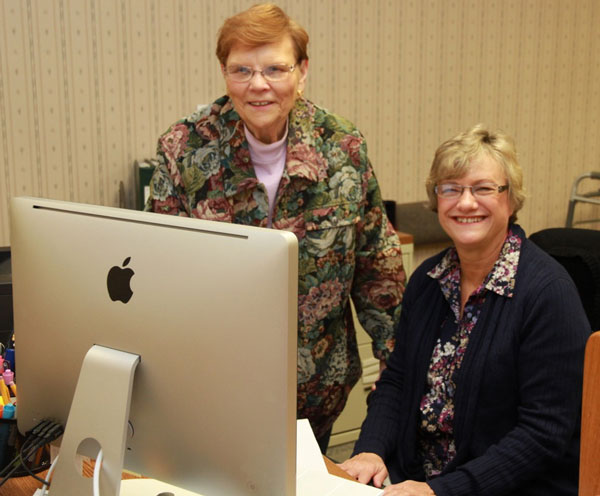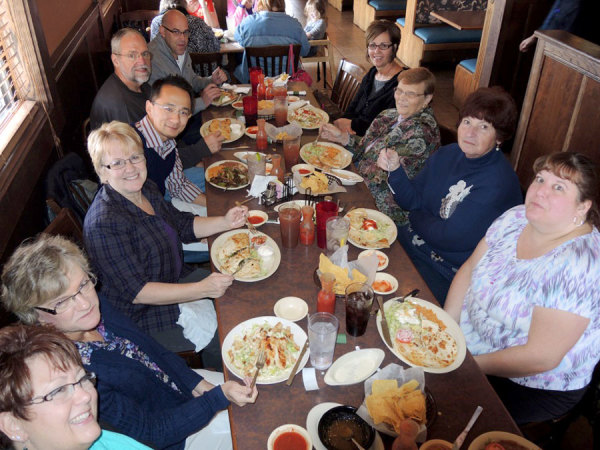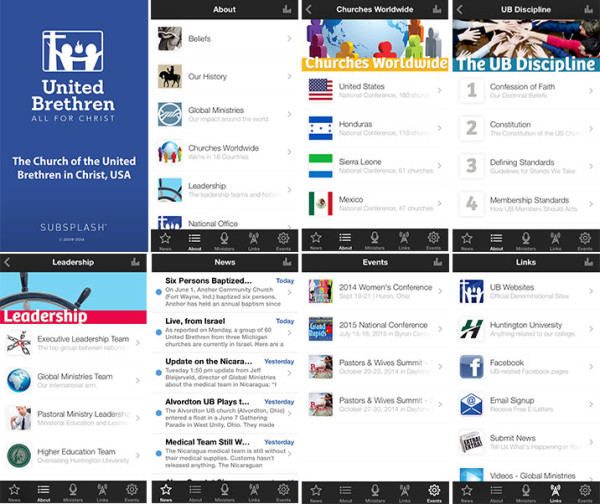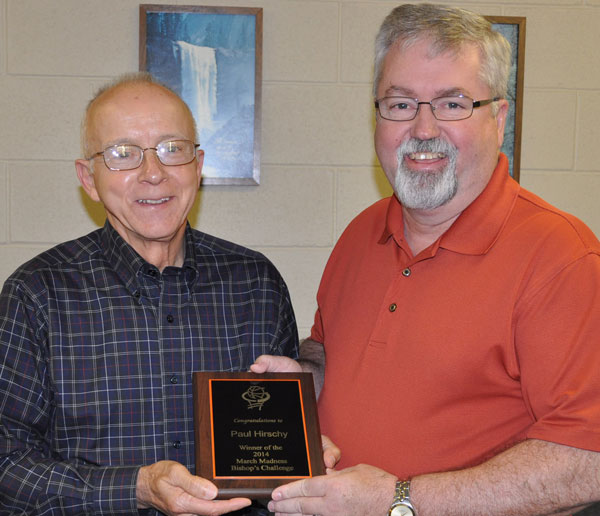August 13, 2014
|

The Grow In His Word materials, used in discipleship by over 50 United Brethren churches, have been completely revised. Grow is written by Dennis Miller, pastor of Emmanuel UB church in Fort Wayne, Ind. Grow is used in over 50 United Brethren churches, and over the years has been used to systematically take thousands of people through the entire Bible.
There are four books, each of which has its own leader’s guide and accompanying teaching slides. Books 1 and 3, along with leader’s guides, are now available for churches.
- Old Testament: The People (Genesis through Esther)
- Old Testament: The Prophets (Job through Malachi) – available in November 2014
- New Testament: The Christ (Matthew through John)
- New Testament: The Church (Acts through the Revelation) – available in November 2014
What is Grow?
The Grow Ministries plan is a 52-week study which takes students through the Old and New Testaments in an orderly manner. Students grasp not only what happened, but in what order, with hooks and memory tools to help them remember what they learn. As believers learn about God’s Word, they gain confidence in their understanding and use of the Bible.
Rev. Dennis Miller developed Grow in the 1980s. “When I became a pastor, I realized that the church was not teaching new believers. I tried several Bible studies to fix that. All of them were good, but I needed something that would give people methods for retaining what they’d learned. I also wanted application to go along with the content that was being taught.”
How to Use GROW
Previously, Grow in His Word was divided into two 26-week courses. The new 13-week format gives more flexibility and is less intimidating to people who are perhaps hesitant about making a 26-week commitment.
Emmanuel Community Church, for example, will offer Book 1 and Book 3 this fall, and then offer Book 2 and Book 4 in January (to complete the Old and New Testaments). Then they’ll start another round of parts 1 and 3. This encourages people new to the church to jump in, and gives more entry points to the discipleship process.
It’s best to take a person consecutively through the four parts, a total of 52 weeks. Churches can decide whether or not to include a break between the 13-week sessions.
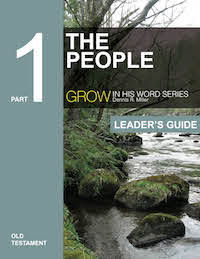
Materials
Student Books. A workbook is needed for each student. Cost: $9.95 each.
Leader’s Guide. The completely new Leader’s Guide is formatted to provide a more step-by-step guide (especially helpful for first-time teachers). It lays the student workbook side-by-side with the leader’s guide. Cost: $24.95 per course. Includes a student book.
PowerPoint and Keynote Files. PowerPoint and Keynote files, one for each lesson, are available through the Grow Ministries website. Once purchased, an email will be sent with downloading instructions. Cost: $12.95 per 13-week course.
Audio Files. Audio files show Pastor Miller teaching the material to a discipleship class. Each lesson is a different MP3 file and can be purchased from the iTunes store. Cost: 99 cents per lesson.

 Jennifer Kennedy (right) has been appointed as a new member of the
Jennifer Kennedy (right) has been appointed as a new member of the 